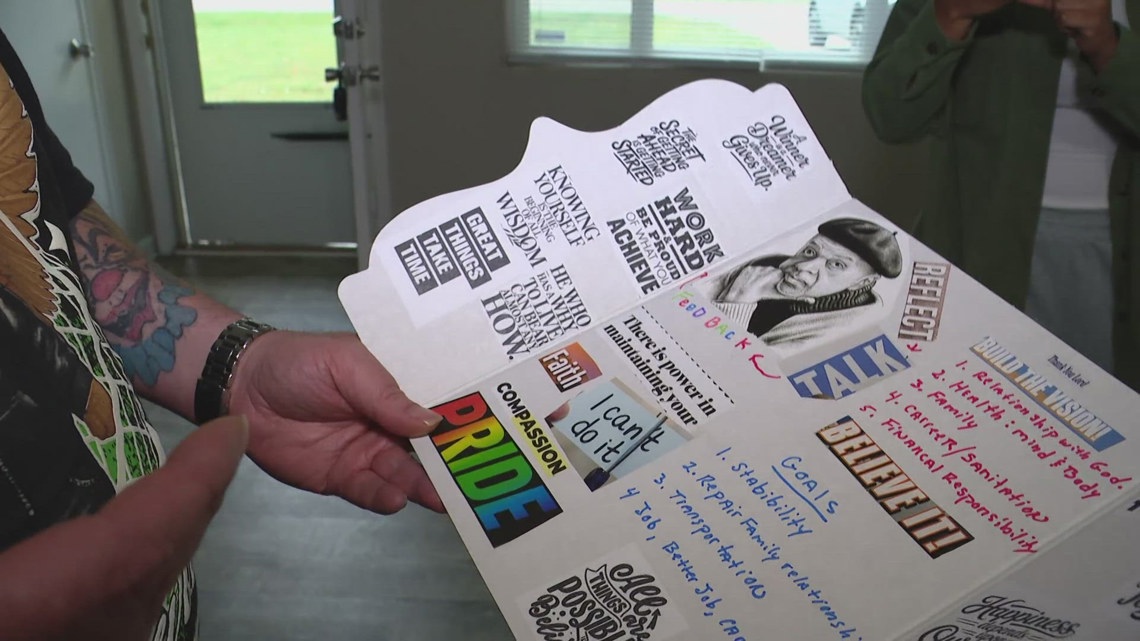“How many more victims will there be?”
Dawn Price, a survivor of childhood sexual abuse, posed that question before the Indiana House Courts and Criminal Code Committee on Wednesday while testifying in support of legislation that would extend the amount of time victims have to prosecute their perpetrators.
Price shared her story of being molested and raped as a child by her adoptive father until she was nearly 13 years old. When Price, then a minor, told her mother what was happening, no action was taken. Even when her father admitted to the allegations and Price eventually told law enforcement, she was told nothing could be done.
Indiana Sen. Michael Crider, R-Greenfield, hopes to allow more time for individuals like Price to seek justice through the passing of Senate Bill 109. In its original form, the legislation sought to eliminate the statute of limitations for victims to bring criminal charges against their abusers. Current law says survivors have until age 31 to do so.
Although language removing the statute of limitations was stripped from the bill by a Senate committee, three exceptions consistent to those in a 2015 bill known as “Jenny’s Law” were amended in. If DNA evidence sufficient to charge the offender is discovered, a recording of the crime is revealed or a confession is made, victims who are older than 31 would have five years to pursue a criminal prosecution.



I hate to sound bad but if a person can’t get enough balls until they’re thirty years old to report sexual abuse, I would question if it’s really that important to them. Having statues of limitations provides incentive to report the abuse within a specific time period. In nearly all cases, physical evidence of sexual abuse disappears after 20 to 30 years because your body changes and heals itself. So then investigators rely on hearsay and eyewitness accounts. And everyone knows that increases the risk of false convictions.